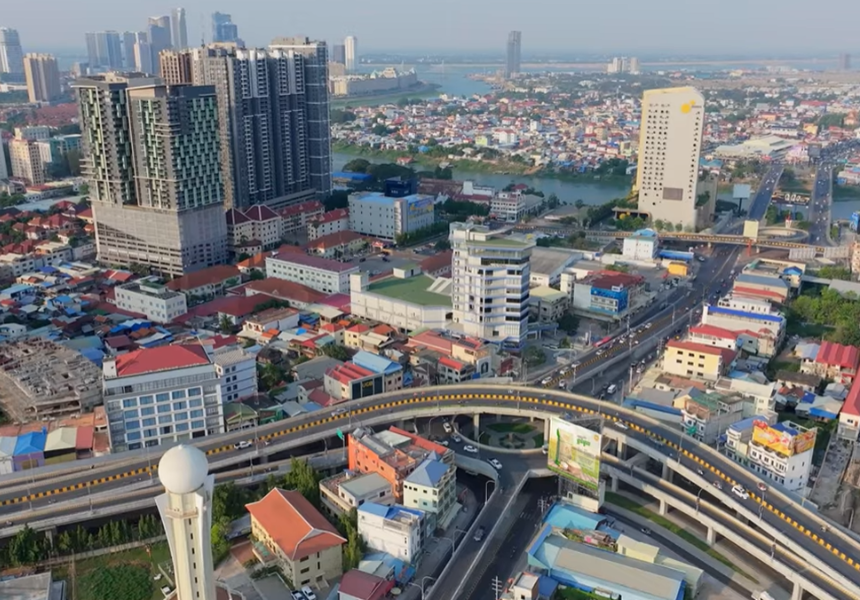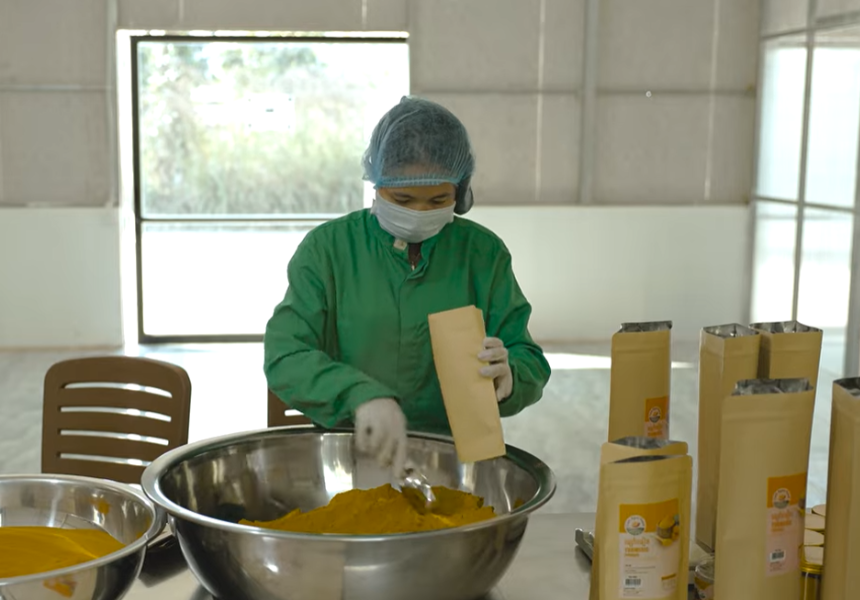

In our model, the upstream sector covers processing, compliance, labelling and/or packaging, marketing and distribution before products go to market. This sector contributes to skilled employment, technical expertise and quality standards.
Strengthening this sector can increase value addition, competitiveness and market access that in turn contributes to employment, economic growth, production and crop diversification.
The downstream sector covers primary agricultural production activities. These include research and development of better farming techniques or machinery, climate- or pest-resilient seeds, sustainable practices, improved irrigation systems, farming and harvesting crops, and enhanced post-harvest handling and storage facilities. Strengthening the downstream sector has a positive ripple effect on the entire supply chain.
For Cambodia, the key challenge is to grow its value addition sector rather than sell raw produce to Thailand and Vietnam who then benefit from processing it themselves. Value addition requires a significant improvement in processing efficiency, affordable processing equipment, and use of wastage, ensuring that farming households receive better prices for their products and can rely on stable market access.
See our latest resources from across the CAPRED program.
View more

Australia is supporting Cambodia to unlock its inv...


Australia supports clean water access in Kampong T...


World Micro, Small and Medium-sized Enterprises Da...
Read our latest news & stories to find out more about CAPRED’s interventions.
View more